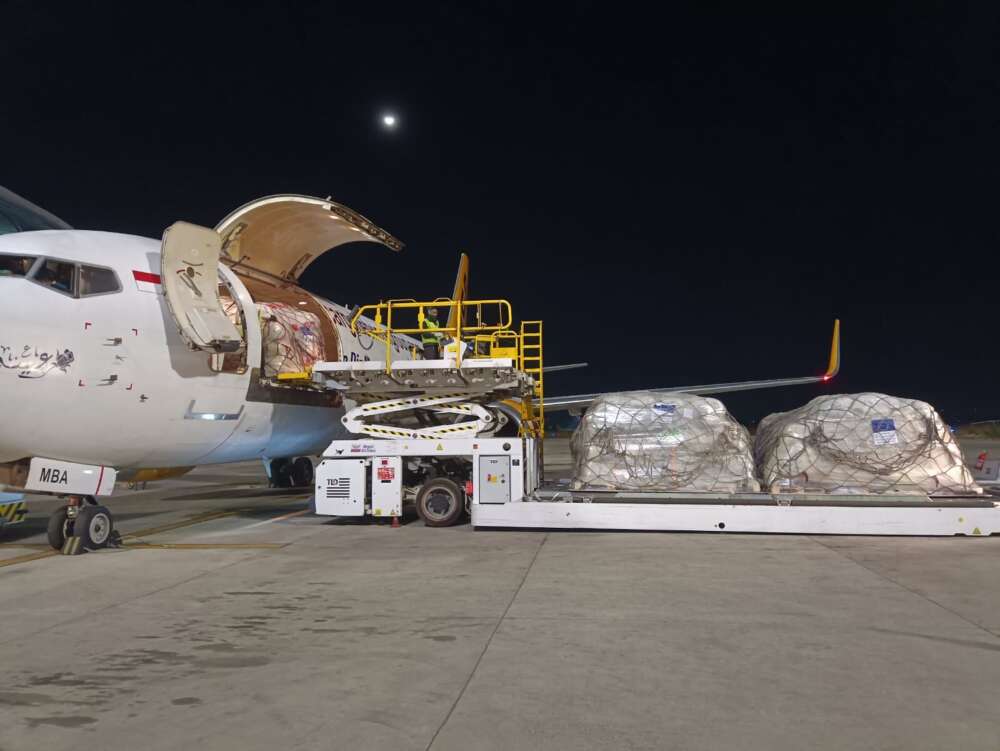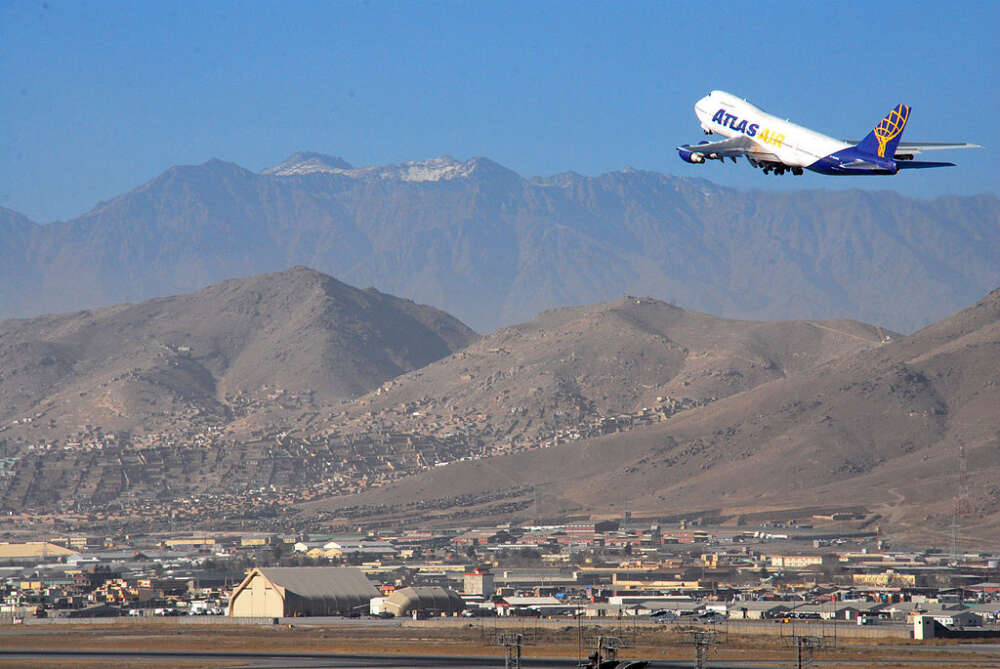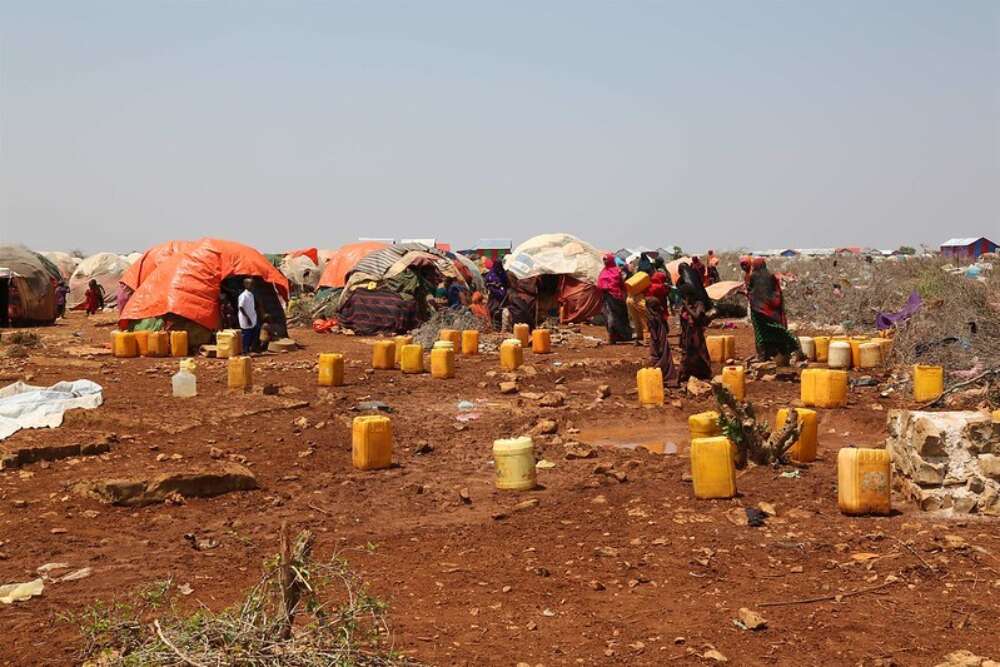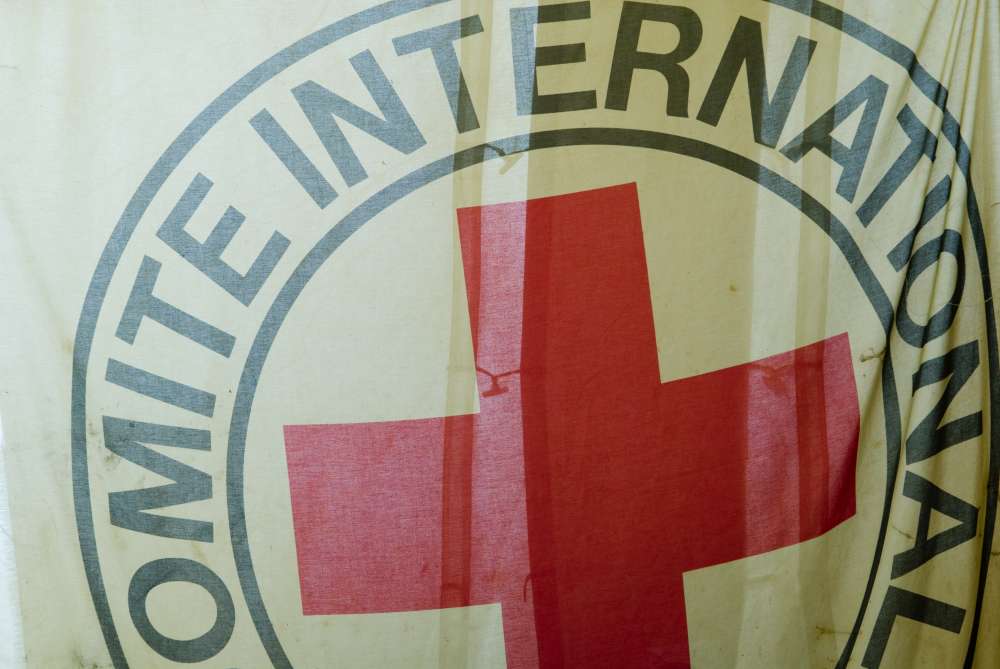Uniting on Food Assistance
The Case for Transatlantic Cooperation
Natural disasters, conflict, macroeconomic shocks and political unrest thrust tens of millions of people each year into food crises. In decades past, such crises commonly led to famines. Thankfully, true famine is rare today, due in part to substantial improvements in global food assistance policy and practice. Indeed, those who have not paid close attention to how the international community responds to food crises might be surprised by the radically different nature of food assistance today as compared to only a generation ago. International food assistance was once essentially a single tool applied to every sort of food emergency, no matter how ill- or well-suited donor country surplus cereal and dairy commodities were to the specific context. Four major global trends over the past 10 to 20 years have triggered a shift away from a relatively inflexible, donor-oriented system: growing scarcity of food assistance, enhanced focus on emergencies, increasingly multilateral and professional food assistance delivery and expanding emphasis on delivering assistance based on the needs of affected populations.
This book chronicles the most essential causes and implications of these trends, which have expanded international food assistance beyond the simple shipment of donated food aid commodities. It pays particular attention to how these trends shape and are shaped by European Union and United States food assistance policy and practice, and it highlights the principles to which donors can adhere to move international food assistance forward.
The volume features in-depth analysis on the global governance of food assistance, provides a mapping of key EU and US institutions engaged with food assistance and highlights some of the biggest challenges for food assistance. Aimed at policymakers, practitioners, researchers and students, the book is a resource for all those interested in the evolution of food assistance and the key challenges that donors and aid agencies face.
Reviews
“This book, and the in-depth research and many discussions that contributed to its development, provides a practical blueprint for moving the next decade of food assistance forward.”
Catherine Bertini, former executive director of the UN World Food Programme (1992 – 2002) and 2003 laureate of the World Food Prize.
“This book provides an important, balanced, and constructive contribution to the deliberations and decisions needed for effective transatlantic collaboration. It is a volume that should be read by policymakers, advisers, students, and laypeople with a responsibility or interest in making food assistance programs more effective in achieving food security and nutrition goals.”
Per Pinstrup-Andersen, university professor of food, nutrition and public policy at Cornell University and 2001 laureate of the World Food Prize.







